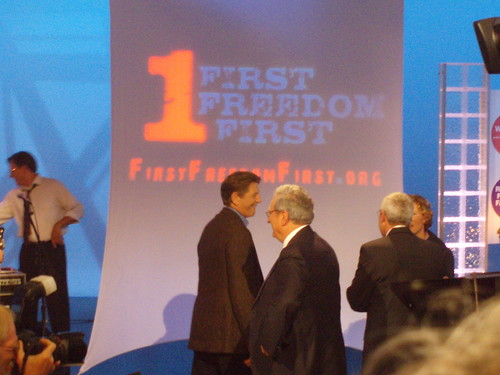Much is heard these days of government secrets being uncovered, national security being compromised, and of sensitive information getting into the wrong hands. Most countries have a classification system to formalize state secrets and protect information from being used to endanger citizens. This article will familiarize you with the security classification system.
Although the exact number varies from country to country, there are generally five levels of security classification:
Top Secret: Information which, in the hands of the enemy would put the security of America at exceptionally grave risk. Individuals undergo meticulous investigation to receive the level of clearance necessary to view this information. Clearance must be renewed every five years.
Secret: Information which could cause serious damage if publicly available. Intense investigation is required for individuals with this clearance, which must be renewed every ten years.
Confidential: Information which could compromise the safety of Americans. Clearance must be renewed every fifteen years for individuals on this level.
Restricted: Information which could have undesirable effects if publicly available. Some countries (the US included) do not use this security level.
Unclassified: Not technically a classification. This includes all information that does not pose a security risk, which is available to the public.
All classified information, regardless of the level, is available only on a “need to know” basis. Therefore, an individual having Top Secret clearance may not be privileged to view all Top Secret documents, only those documents which are pertinent to his or her work.
When two or more countries agree to share information with each other they must agree upon a uniform classification system. The United Nations, NATO, and the European Defense Organization all have their own security classification systems.
One example of a country without a formal classification system is China. The Criminal Law of the People’s Republic of China makes it a crime to release a state secret. However, there is only a vague definition of what constitutes a state secret; therefore the government has used this law to imprison journalists.
Private corporations make use of a similar type of security classification system when working with new product development teams, mergers, and the company’s financial reports. This type of information is protected under trade secret laws. Employers can require their employees to sign confidentiality agreements and undergo extensive background checks. While corporate classification lacks the harsh criminal sanctions of the government classification, individuals who leak company secrets can be tried and punished in courts of law.
Many citizens live out their lives without a thought for the secrets their government keeps from them. The military is the largest employer of people with such clearances. It might surprise you to know that one out of every thirty Americans, or 3-5 million individuals are authorized to some extent to know state secrets. Of all individuals with such clearances, it is estimated that one in a thousand can be expected to compromise the secrets they are entrusted with, either out of blackmail, greed, or sloppiness.
Only those individuals in positions where it is anticipated they will be dealing with classified information may apply for security clearance. Once the candidate has completed the application phase a detailed investigation ensues. The applicant’s background will be thoroughly examined by the Defense Security Service, and depending on the level of clearance needed, family members and relatives may also be scrutinized. The investigation phase can last up to a year or more. Candidates who pass this phase will then enter the adjudication phase. In this phase all information gathered in the previous two phases is reviewed and analyzed, based on thirteen factors determined by the Department of Defense. Allegiance to the United States and personal conduct are examples of areas that are considered. Four factors that are certain to lead to rejection of an applicant are:
1. Candidate was convicted of a crime and imprisoned for more than one year.
2. Candidate uses controlled substances.
3. Candidate has been deemed mentally incompetent by a health professional approved by the Department of Defense.
4. Candidate was discharged from the armed forces under dishonorable conditions.
Having a security clearance is nothing to sneeze at, and some experts say that having such a clearance can increase one’s salary between and K. It is evident that the ability to keep a secret is a valued commodity in this increasingly precarious society.
About the Author:
Francesca Black develops educational material for http://www.security-port.com and http://www.security-protection.net a top resource for locating security related RSS feeds.
Article from articlesbase.com
More National Security Articles






